

Articles
How Long Should A Washer And Dryer Last
Modified: March 2, 2024
Discover how long a washer and dryer should last in this informative article. Find out what factors can affect their lifespan and how to maximize their durability.
(Many of the links in this article redirect to a specific reviewed product. Your purchase of these products through affiliate links helps to generate commission for Storables.com, at no extra cost. Learn more)
Introduction
Washers and dryers are essential appliances in every household, taking care of our laundry needs and making our lives much easier. But have you ever wondered how long these appliances are supposed to last? Knowing the lifespan of your washer and dryer can help you make informed decisions when it comes to maintenance, repairs, and even replacements.
The lifespan of a washer and dryer can vary depending on various factors, including usage, maintenance, and the quality of the appliance. Understanding these factors can help you maximize the lifespan of your machines, saving you both time and money in the long run.
In this article, we will explore the factors that affect the lifespan of washers and dryers, manufacturer recommendations, signs of wear and tear, common issues and repairs, and when it might be time to consider replacing your appliances.
By gaining a deeper understanding of these factors, you will be able to take better care of your washer and dryer, ensuring their longevity and optimal performance.
Key Takeaways:
- Regular maintenance, proper loading, and adherence to manufacturer recommendations can extend the lifespan of washers and dryers, saving homeowners time and money in the long run.
- Recognizing signs of wear and tear and considering factors like frequent breakdowns and changed household needs can help homeowners make informed decisions about repairing or replacing their appliances.
Read more: How Long Should Pillows Last
Factors Affecting Lifespan of Washers and Dryers
Several factors can impact the lifespan of washers and dryers. Understanding these factors can help you take appropriate measures to extend the life of your appliances. Let’s explore the most significant factors:
- Quality: The quality of the washer and dryer plays a crucial role in determining their lifespan. High-quality appliances are typically built with better materials and undergo rigorous testing, resulting in a longer lifespan.
- Usage: The frequency and intensity of usage can impact the lifespan of washers and dryers. Appliances that are used multiple times a day or for heavy loads may wear out faster than those used less frequently or for smaller loads.
- Maintenance: Regular maintenance is essential to keep washers and dryers functioning optimally. Neglecting maintenance tasks, such as cleaning lint filters or checking for leaks, can lead to issues that may shorten the lifespan of the appliances.
- Water Quality: The quality of the water in your area can also affect the lifespan of your appliances. Hard water, which contains high levels of minerals, can cause mineral buildup and damage the internal mechanisms of washers and dryers over time.
- Environmental Factors: The environment in which the appliances are located can impact their lifespan. Excessive heat, humidity, or exposure to dust and dirt can accelerate wear and tear and cause premature failure.
- Overloading: Overloading the washer or dryer with excessive amounts of laundry can strain the motors and components, potentially leading to premature wear and eventual breakdowns.
By understanding these factors, you can implement preventive measures to prolong the lifespan of your washer and dryer. Regular maintenance, using quality detergents, avoiding overloading, and ensuring a clean and suitable environment are all essential steps in maximizing the life of your appliances.
Manufacturer Recommendations
Manufacturers often provide guidelines and recommendations for the usage and maintenance of washers and dryers. These recommendations are designed to help you get the most out of your appliances and ensure their longevity.
Here are some common manufacturer recommendations to keep in mind:
- Installation: Follow the installation instructions provided by the manufacturer. Improper installation can lead to problems with the appliances and may void the warranty.
- Load Capacity: Do not overload the washer or dryer beyond the recommended load capacity. Overloading can strain the motor and other components, leading to decreased performance and potential damage.
- Cleaning and Maintenance: Regularly clean the lint filter of your dryer and ensure that the washing machine drum is kept clean and free from any residue. Additionally, follow the recommended maintenance schedule for your appliances, which may include tasks such as descaling, cleaning the detergent dispenser, and checking hoses and connections.
- Water Supply and Detergents: Follow the manufacturer’s guidelines for the water temperature and water pressure requirements of your appliances. Additionally, use the recommended detergents for your washer, as using the wrong type or excessive amounts can cause damage.
- Ventilation: Ensure proper ventilation for your dryer to prevent overheating and minimize the risk of lint buildup, which can be a fire hazard.
- Repairs: If your washer or dryer requires repairs, it is best to consult a professional authorized by the manufacturer. Attempting to repair the appliances yourself or using unauthorized technicians may void the warranty or cause further damage.
- Warranty: Familiarize yourself with the warranty terms and conditions provided by the manufacturer. Understanding what is covered under warranty can help you take appropriate steps in case of any issues or malfunctions.
By adhering to these manufacturer recommendations, you can ensure the optimal performance and longevity of your washer and dryer. Always refer to the instruction manuals provided by the manufacturer for specific guidelines related to your appliances.
Average Lifespan of Washers and Dryers
The average lifespan of washers and dryers can vary depending on several factors, including usage, maintenance, and the quality of the appliances. However, on average, you can expect a washer to last between 10 to 14 years, while a dryer can last between 12 to 16 years.
It’s important to note that these are just average estimates, and individual experiences may vary. Some washers and dryers may last longer with proper care and maintenance, while others may require replacement sooner due to various reasons.
The quality of the appliances plays a significant role in determining their lifespan. Higher-quality machines tend to be more durable and have longer lifespans compared to lower-quality or budget options. Additionally, appliances from reputable brands often come with warranties that provide coverage for a certain period, indicating the manufacturer’s confidence in the product’s longevity.
Usage patterns also impact the lifespan of washers and dryers. Heavy usage, such as multiple loads per day or large load sizes, can put more stress on the machines’ motors and components, potentially leading to accelerated wear and tear. On the other hand, lighter usage or smaller load sizes can help extend the lifespan of the appliances.
Maintenance is another crucial factor that can influence the lifespan of washers and dryers. Regular cleaning, performing recommended maintenance tasks, and addressing any repairs promptly can help keep the machines in good working condition and prevent issues that may decrease their lifespan.
Remember that these are general guidelines, and your individual circumstances may affect the lifespan of your appliances. By following manufacturer recommendations, practicing proper maintenance, and monitoring the condition of your washer and dryer, you can maximize their lifespan and get the most out of your investment.
Signs of Wear and Tear
Over time, washers and dryers may start showing signs of wear and tear. Recognizing these signs can help you address any issues early on and potentially extend the lifespan of your appliances. Here are some common signs to watch out for:
- Noise: Unusual noises, such as grinding, squeaking, or rattling, coming from your washer or dryer can indicate worn-out or loose components. It’s essential to investigate and address these noises to prevent further damage.
- Leaks: Water leakages from your washer or dryer can be a sign of damaged hoses, faulty seals, or a malfunctioning water inlet valve. Promptly address any leaks to avoid water damage and potential electrical hazards.
- Poor Performance: If your clothes are not coming out as clean as they used to or if the drying cycle takes longer than usual, it could indicate a decline in the performance of your appliances. This may be due to worn-out parts or issues with the motor or heating elements.
- Excessive Vibrations: If your washer or dryer starts vibrating excessively during operation, it could indicate an imbalance or wear on the motor or drum. Vibrations can cause damage to other components, so it’s important to address this issue promptly.
- Increased Energy Consumption: If you notice a significant increase in your energy bills without any other apparent reasons, it could indicate that your washer or dryer is becoming less efficient. This can be due to worn-out parts or inefficient heating elements.
- Delayed Start: If your appliances have a delay start feature, but it takes longer than usual for the cycle to start, it could be a sign of a malfunctioning control panel or timer. This issue should be addressed to prevent further complications.
- Burning Smell: A burning smell coming from your washer or dryer indicates a potential electrical issue. It’s crucial to stop using the appliance immediately and have it inspected by a professional to avoid any safety hazards.
If you notice any of these signs of wear and tear in your washer or dryer, it’s recommended to consult a professional technician or contact the manufacturer for assistance. They can diagnose the issue and recommend appropriate repairs or replacements to ensure the continued functionality of your appliances.
Read more: How Long Should A Recliner Last
Extending the Lifespan of Washers and Dryers
While the average lifespan of washers and dryers can vary, there are several steps you can take to maximize their longevity. By implementing these practices, you can extend the lifespan of your appliances and reduce the frequency of repairs or replacements. Here are some tips for prolonging the lifespan of your washer and dryer:
- Follow Manufacturer Recommendations: Adhere to the installation instructions and recommended usage guidelines provided by the manufacturer. This includes load capacity, water temperature, and detergent recommendations.
- Regular Maintenance: Perform regular maintenance tasks to keep your appliances in good working condition. This includes cleaning the lint filter in the dryer after each use and cleaning the washing machine drum periodically to remove any residue.
- Proper Loading: Avoid overloading your washer or dryer beyond the recommended capacity. Overloading can strain the motor and lead to premature wear and tear.
- Use Quality Detergents: Choose high-quality detergents that are specifically designed for your type of washer. Using the correct detergent in the right amount can prevent buildup and improve the efficiency of your appliances.
- Address Issues Promptly: If you notice any signs of wear and tear or performance issues, such as unusual noises or leaks, address them promptly. Ignoring these issues can lead to further damage and shorten the lifespan of your appliances.
- Proper Ventilation: Ensure that your dryer has proper ventilation to prevent overheating and reduce the risk of lint buildup. Clean the dryer vents regularly to maintain optimal airflow.
- Inspect Hoses and Connections: Regularly inspect the hoses and connections of your washer for any signs of damage or leaks. Replace any worn-out or damaged parts promptly.
- Protect from Environmental Factors: Ensure that your washer and dryer are installed in a suitable environment, away from excessive heat, humidity, dust, and dirt. This can help prevent premature wear and extend their lifespan.
- Professional Maintenance: Consider scheduling professional maintenance or servicing for your appliances. A trained technician can inspect and tune-up your washer and dryer, ensuring optimal performance and identifying any potential issues.
By implementing these practices, you can significantly extend the lifespan of your washer and dryer. Taking proper care of your appliances not only saves you money in the long run but also ensures that they continue to perform efficiently, providing you with clean and dry laundry for years to come.
Common Issues and Repairs
Despite proper maintenance and care, washers and dryers may still experience common issues over time. Understanding these issues and knowing how to address them can help you troubleshoot problems and potentially avoid costly repairs or replacements. Here are some of the most common issues and repairs associated with washers and dryers:
Washer Issues:
- Leaking Water: Leaks can occur due to damaged hoses, faulty seals, or a malfunctioning water inlet valve. Inspect the hoses and connections for any signs of damage and replace them if necessary.
- Noisy Operation: Unusual noises like grinding or squeaking can indicate worn-out bearings, a faulty motor, or loose components. Consult a professional technician to diagnose and repair the issue.
- Failure to Start or Complete Cycle: This could be due to a malfunctioning control panel, timer, or door latch. Check these components and consider contacting a technician for repairs if needed.
- Inefficient Drainage: If the washer is not draining properly, it may be due to a clogged pump filter or drain hose. Clean or replace these components to improve drainage.
- Excessive Vibration: Vibrations can be caused by an unbalanced load or a worn-out shock absorber. Ensure that loads are properly balanced, and consider replacing the shock absorbers if necessary.
Dryer Issues:
- No Heat: If the dryer is not producing heat, it could be due to a faulty heating element, thermostat, or thermal fuse. These components may need to be replaced by a professional technician.
- Long Drying Time: Poor airflow caused by lint buildup or a clogged vent can result in longer drying times. Clean the lint filter and dryer vent regularly to improve airflow and drying efficiency.
- Overheating: Overheating can be caused by a malfunctioning thermostat or blocked vents. It’s important to address this issue promptly to prevent any potential fire hazards.
- Door Seal Issues: A worn-out or damaged door seal can cause leaks or inefficient drying. Replace the door seal if necessary to ensure a proper seal and optimize drying performance.
- Control Panel Malfunctions: If the dryer’s control panel is unresponsive or displaying errors, it may need to be repaired or replaced. Consult a professional technician for assistance.
It’s important to note that while some repairs can be performed by homeowners, it’s often recommended to seek professional assistance for complex issues or repairs that involve electrical components. A trained technician can diagnose the problem accurately and ensure that the repairs are done safely and effectively.
Regular maintenance and timely repairs can help address these common issues and prolong the lifespan of your washer and dryer. Remember to refer to the manufacturer’s instructions or consult a professional for specific repair guidelines and recommendations for your appliances.
Read more: How Long Should A Kettle Last
When to Consider Replacing Your Washer and Dryer
While washers and dryers are designed to last for many years, there may come a time when replacing them is a more practical option than repairing or maintaining them. Here are some factors to consider when determining if it’s time to replace your washer and dryer:
Frequent Breakdowns and Costly Repairs:
If your appliances are constantly experiencing breakdowns and requiring expensive repairs, it may be more cost-effective in the long run to invest in new machines. As appliances age, the likelihood of experiencing multiple issues increases, and the cost of repairs can quickly add up. Evaluate the cost of repairs versus the cost of a new washer and dryer to make an informed decision.
Obsolete Technology and Inefficiency:
If your washer and dryer are outdated models, they may lack the efficiency and advanced features of newer appliances. Older machines may use more energy, water, and detergent compared to newer, energy-efficient models. Upgrading to a more efficient washer and dryer can help you save on utility bills and minimize your environmental impact.
Excessive Wear and Tear:
If your appliances are showing significant signs of wear and tear, such as rust, cracks, or worn-out components, it may be a sign that they have reached the end of their lifespan. Continued use of appliances in this condition can lead to further issues and potential safety hazards. Consider replacing them to ensure reliable and safe operation.
Read more: How Long Should A Printer Last
Changed Household Needs:
If your household needs have changed and your current washer and dryer no longer meet your requirements, it may be time to upgrade. For example, if you have a growing family and need larger capacity machines or if you want to switch to a different type of washer or dryer, such as a front-loading or stackable unit, replacing your appliances can provide the functionality you need.
Availability of Parts and Services:
As appliances age, finding replacement parts and qualified technicians for repairs can become more challenging. If you’re experiencing difficulties in accessing necessary parts and services for your washer and dryer, it may be a sign that it’s time to consider replacement rather than trying to prolong the life of outdated appliances.
Ultimately, the decision to replace your washer and dryer should be based on a combination of factors, including the cost of repairs, the efficiency and functionality of your current appliances, and your household’s specific needs. If you’re unsure, consult with appliance professionals who can provide expert advice based on your situation.
Regular maintenance and proper usage can help extend the lifespan of your washer and dryer. On average, a well-maintained washer can last 10-14 years, while a dryer can last 10-13 years.
Conclusion
Understanding the average lifespan of washers and dryers, as well as the factors that can affect their longevity, is crucial for homeowners. By following manufacturer recommendations, practicing regular maintenance, and addressing issues promptly, you can extend the lifespan of your appliances and save on unnecessary repairs or replacements.
Factors such as quality, usage, maintenance, water quality, and environmental conditions all play a role in determining how long your washer and dryer will last. By being mindful of these factors and taking proper care of your appliances, you can maximize their lifespan and ensure optimal performance.
Recognizing signs of wear and tear, such as noise, leaks, or decreased efficiency, is essential in addressing issues before they worsen. Timely repairs can help prolong the life of your appliances and prevent further damage.
In certain situations, replacing your washer and dryer may be a more practical option than repairing them. Frequent breakdowns, costly repairs, obsolescence, excessive wear and tear, and changed household needs are all valid considerations when deciding whether to invest in new appliances.
Ultimately, by following manufacturer recommendations, conducting regular maintenance, addressing issues promptly, and considering replacement when necessary, you can ensure the longevity and optimal performance of your washer and dryer.
Remember to consult with professionals for repairs and seek expert advice when needed to make informed decisions regarding the maintenance and replacement of your appliances. With proper care, your washer and dryer can continue to meet your household’s laundry needs for many years to come.
Frequently Asked Questions about How Long Should A Washer And Dryer Last
Was this page helpful?
At Storables.com, we guarantee accurate and reliable information. Our content, validated by Expert Board Contributors, is crafted following stringent Editorial Policies. We're committed to providing you with well-researched, expert-backed insights for all your informational needs.


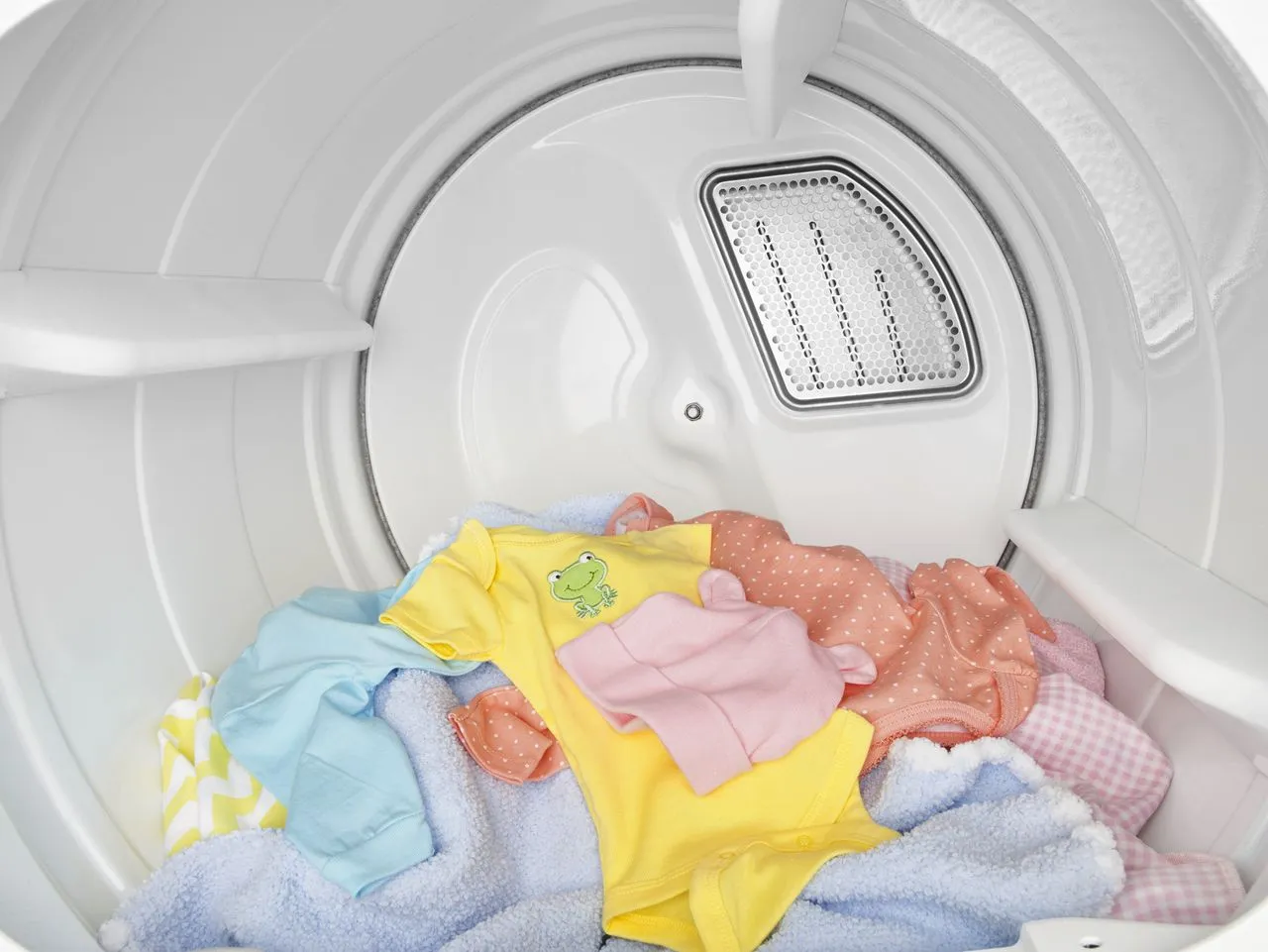
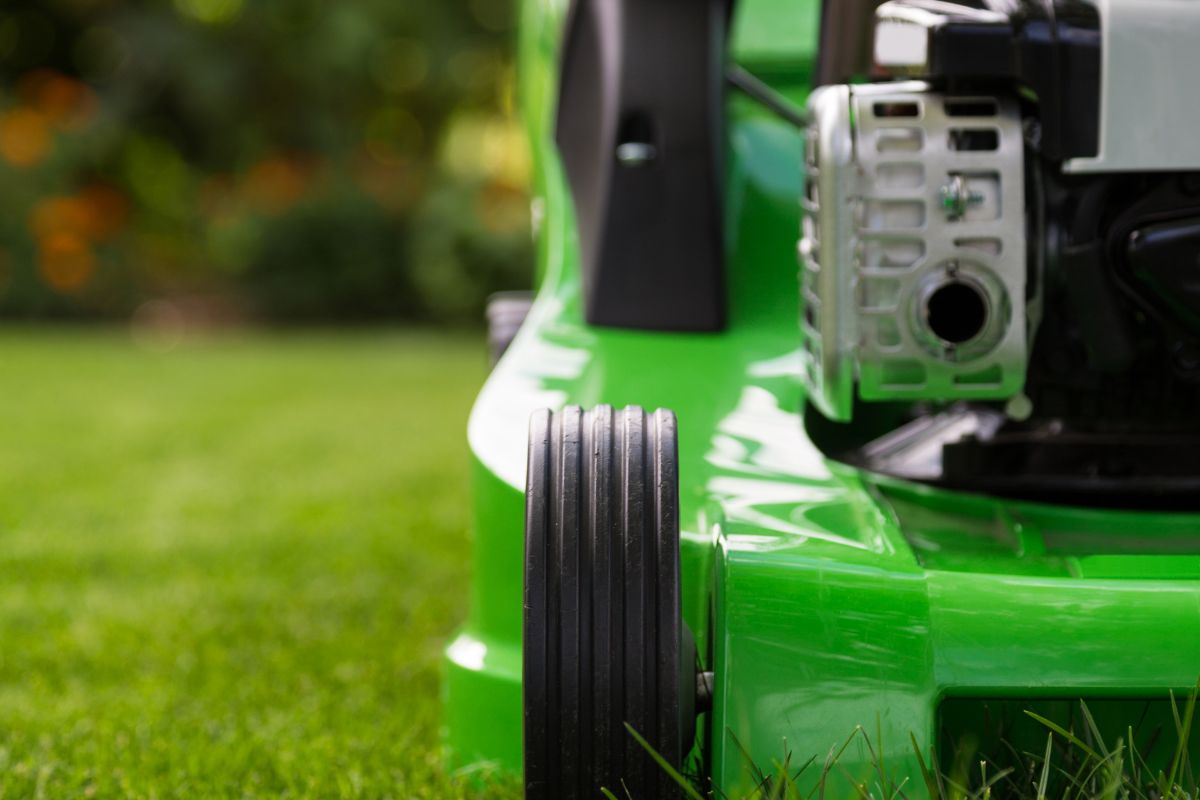
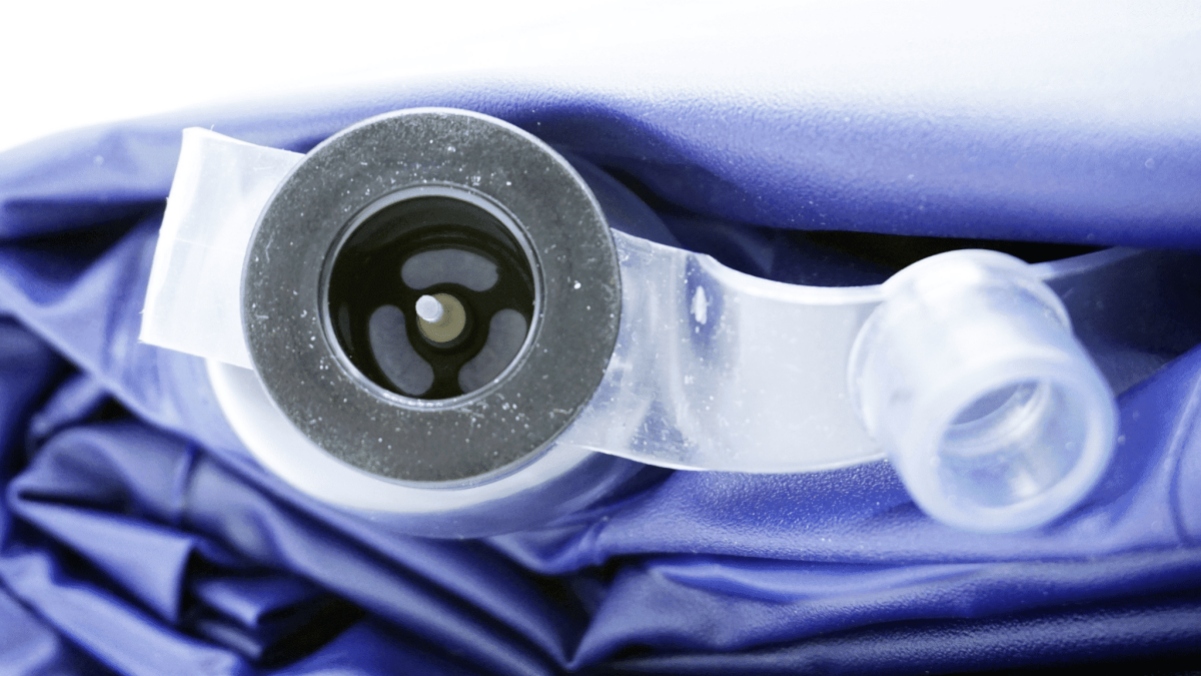
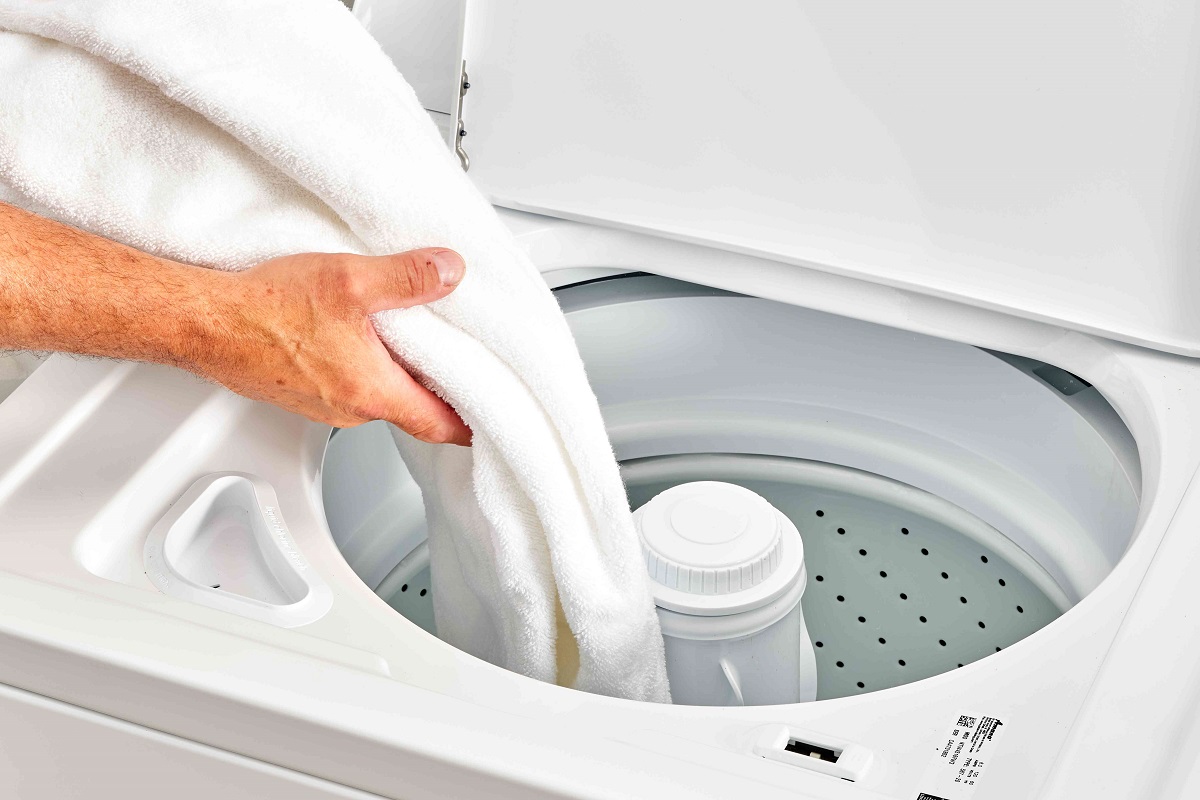


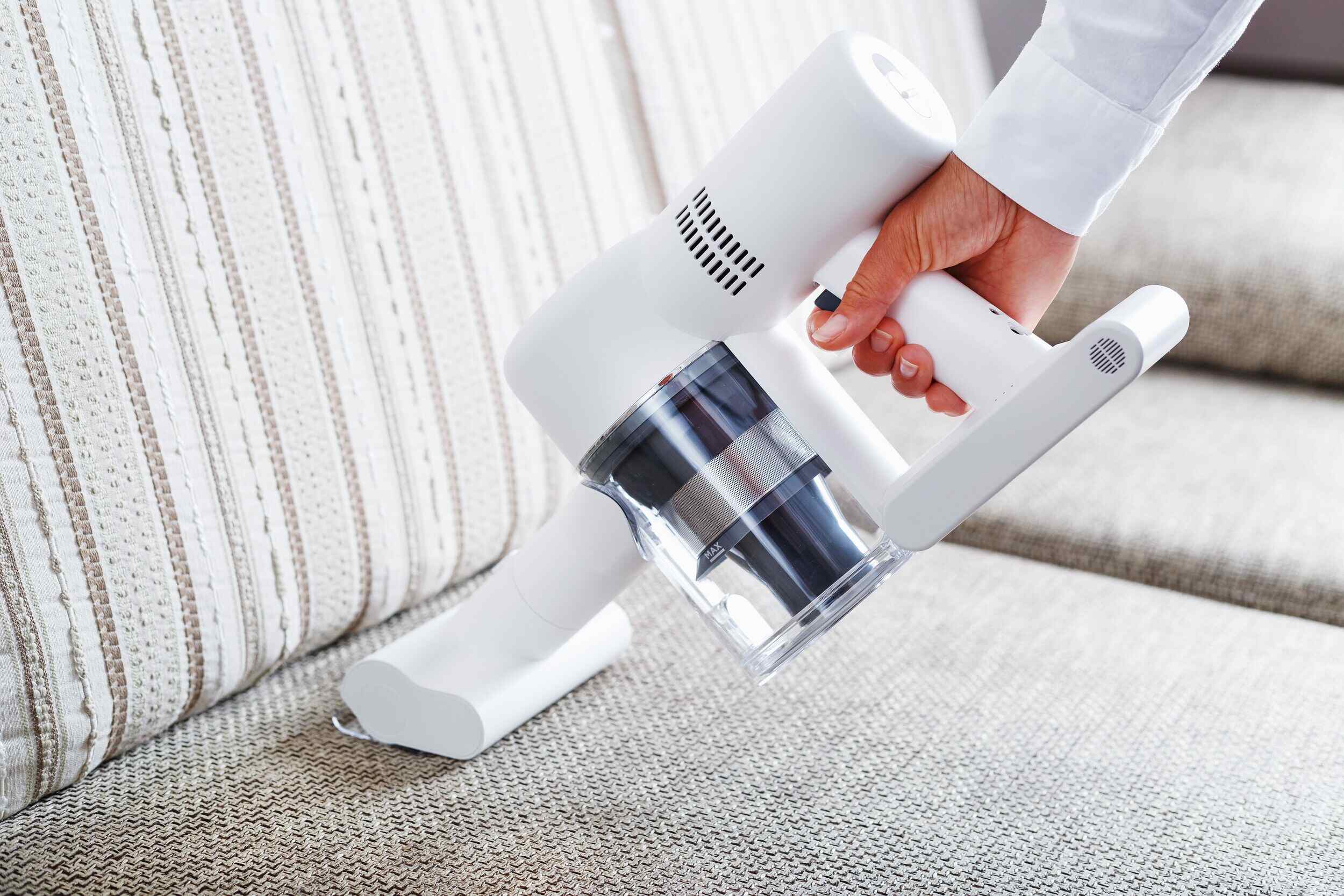

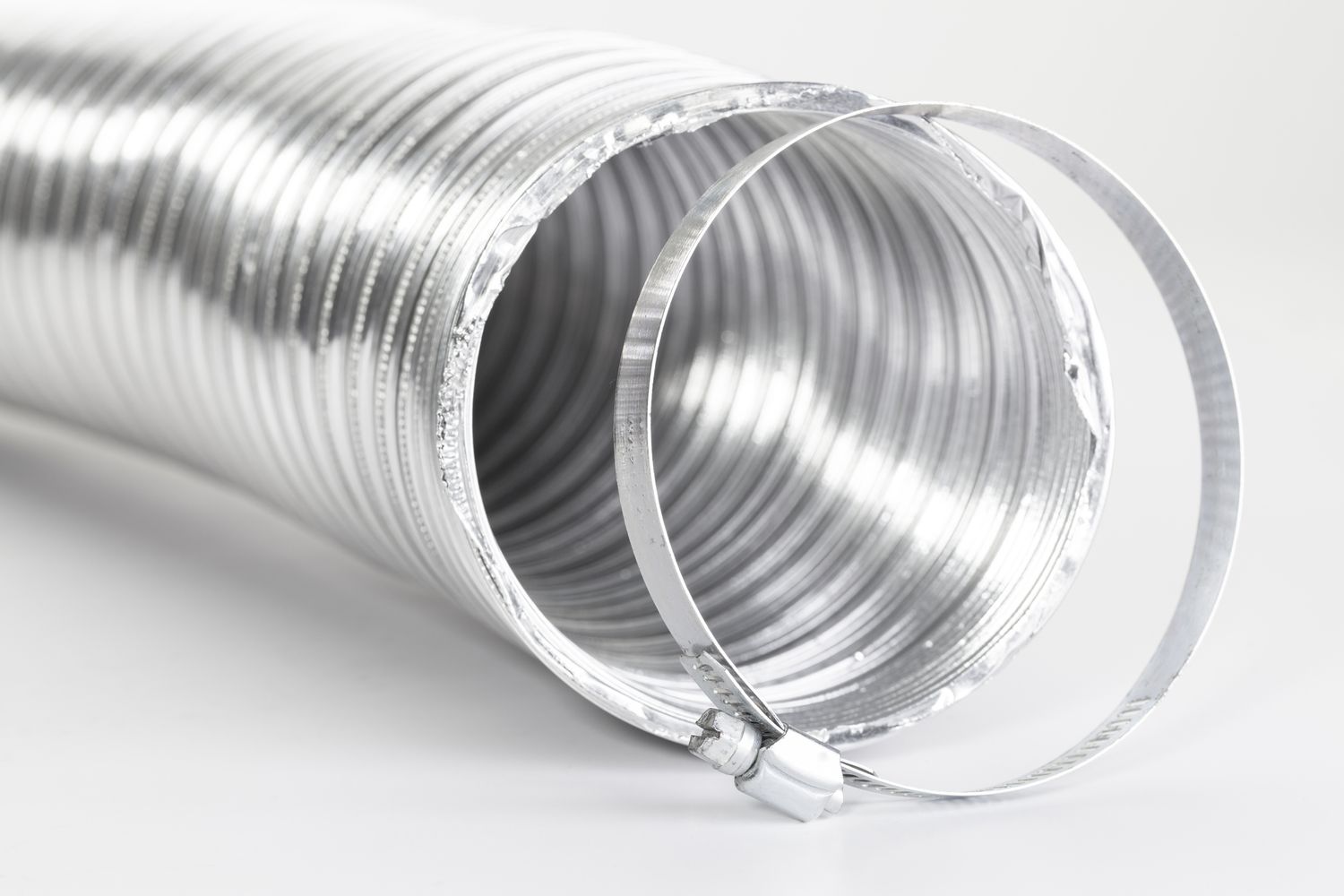


0 thoughts on “How Long Should A Washer And Dryer Last”